- Sober living
-
by pohoda

There are several factors that impact how long a hangover lasts. First off, the amount of alcohol consumed plays a significant role, and so does whether or not you’ve eaten beforehand. The more you drink, and if you drink on an empty stomach, the more severe the hangover might be and the longer it may last. On average, a healthy adult will process approximately one alcoholic drink per hour. Drinking more than this may cause your liver to struggle and may lead to a much-altered hangover experience. According to Cleveland Clinic, hangover symptoms usually start to ease up between eight to 24 hours.
Factors That Impact How Long A Hangover Lasts
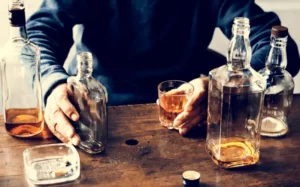
They recommend doing this for everyone, regardless of the presence of a hangover. Although alcohol is known to induce sleep, it’s most likely to cause disrupted sleep.6 This makes you feel worse when you wake up, prolonging and worsening hangover symptoms. Experiencing a hangover once in a while is normal for most adults.
- Without food in your stomach, most of the alcohol finds its way into your blood quickly.
- Dehydration symptoms include dizziness, lightheadedness, fast heartbeat, irritability, and fainting.
- Your blood-alcohol concentration (BAC) measures how much is in your blood.
- More severe symptoms, including nausea, dizziness, and sensitivity to light, can persist for a day.
- While there’s no miracle solution to cure a hangover – do yourself a favor and skip the „hair of the dog“ – there are plenty of tried-and-true methods that may help you feel better faster.
How long do hangovers last?
- (Woohoo!) During this time, your body slowly eliminates alcohol’s toxic byproducts, rehydrates, heals tissue, and rebalances your brain and body back to its normal state.
- The temporary effects include immediate and delayed effects—a hangover is caused by the delayed effects of alcohol.
- Mild dehydration can give you a headache, dry mouth, and make you feel dizzy and tired — all common symptoms of a hangover.
- They’ll be able to address your alcohol-related concerns and point you in the direction of more specialist support, if this is needed.
- In addition, symptom management can help alleviate the specific symptoms of a hangover.
If you choose to drink alcohol, doing so responsibly can help you stay away from hangovers. It’s also good to know the difference between alcohol poisoning and hangovers, though alcohol poisoning symptoms usually show up while you’re drinking, not the day after. “Alcohol has a diuretic effect—heavy drinking may maximize that,” says Vincent Pedre, MD, author of Happy Gut. Drinking can dehydrate you—even more so if you’re vomiting or suffering from diarrhea. And this, on top of mineral imbalances (from the influx of booze and loss of fluids and electrolytes), can slow how fast your body detoxifies itself, he explains.
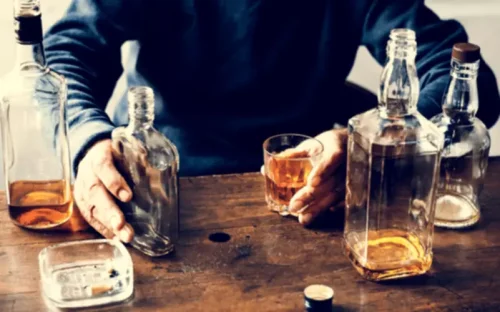
Factors That Determine How Long a Hangover Will Last
Hangover symptoms peak when the blood alcohol concentration in the body returns to about zero. Because individuals are so different, it is difficult to predict how many drinks will cause a hangover. Any time people drink to intoxication, there is a chance they could have a hangover the next day. For people living with heart disease, hangover symptoms such as rapid heart rate and high blood pressure can be dangerous. Pain relievers such as acetaminophen (Tylenol) filter through the liver the same way alcohol does. Healthcare professionals caution using this type of medication regularly along with alcohol as it can increase the risk of liver damage.
Are Some Drinks Worse Than Others?
So why do some hangovers last an appropriate amount of time and others…don’t? To make the answer even more complex, bodyweight and size also make a difference in how you metabolize alcohol. „So there are many factors—so many, in fact, that you’ll have to pay close attention to what works for your own body,“ notes Hultin. In Sober living house a nutshell, you feel terrible, both physically and mentally.
Recovery from Hangovers
Darker liquors, such as bourbon, have substances called congeners. And sulfites, used as a preservative in some wines, can trigger headaches in some people. They found that participants tended to report feeling worse after drinking bourbon, which has a higher congener content. In a 2010 study, researchers compared participants’ self-reported hangover severity after drinking bourbon or vodka. Congeners are chemical by-products of the fermentation process that gives alcoholic drinks their distinctive flavor.
Light-colored alcohols, such as vodka or white wine, have fewer congeners (hangover-causing toxins). Drinking on an empty stomach may cause nausea or vomiting, so stop immediately and inform the person you’re with how you’re feeling. Some people may have a hangover from just one alcoholic drink, while others can drink excessively and not get a hangover. If you have alcohol intolerance, you may have a genetic inability to process the acetaldehyde fast enough. You may feel drunk after drinking even a small amount of alcohol. One strategy that some find beneficial is to alternate between an alcoholic beverage and water.
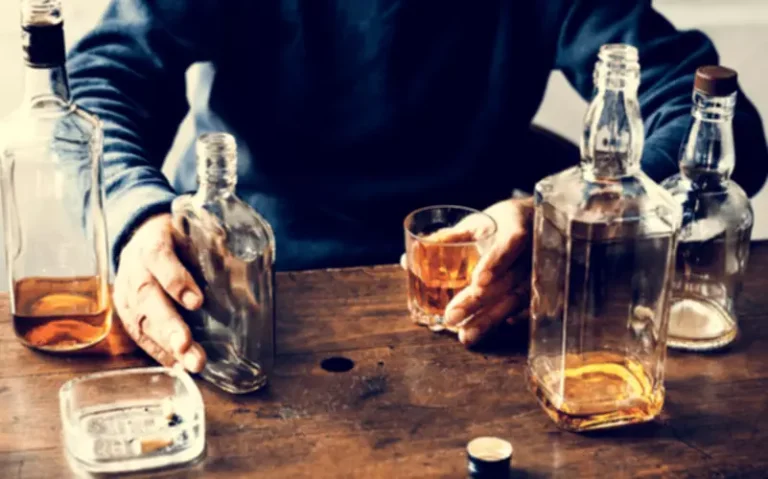
From headache and nausea to a lack of appetite and even memory loss, the symptoms of a hangover can range from mild to severe. From alcohol detox to relapse prevention care, our dual diagnosis program is ready to help you achieve lifelong sobriety. By helping you work through your mental health and addiction struggles, we will empower you to regain control of your life. How long a hangover can last will vary on several factors, but if how long does a hangover usually last you’re getting them frequently, then it might be time to seek help. Many people use alcohol as a form of self-medication to overcome stressful mental health issues, such as depression, anxiety, or past trauma.
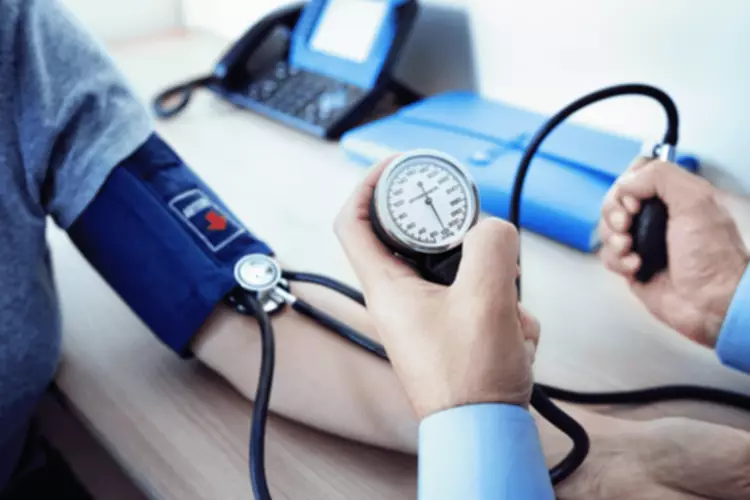
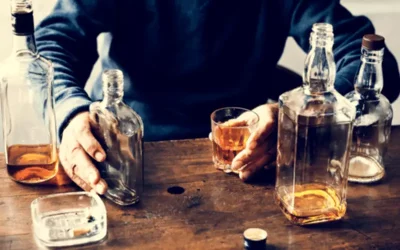
Alcohol causes you to make more urine, which removes fluids from your body. That’s why you’re likely to wake up very thirsty after a night of too much drinking. It’s also why booze’s drying effect was long thought to be the main cause of hangover symptoms. You may have dry mouth, headache, dizziness, or nausea and be tired, shaky, thirsty, or sensitive to light and sound. People who have had too much to drink often don’t sleep well, which can make all those issues worse.
There’s no quick fix when it comes to hangovers, but there are several things you can do to make things more manageable as you wait it out. Some examples are kidney and liver disease as well as diabetes. It may help you fall asleep faster, but the sleep is likely to be fragmented and short. If you’re in the throes of a monster hangover, relief can’t come soon enough.
